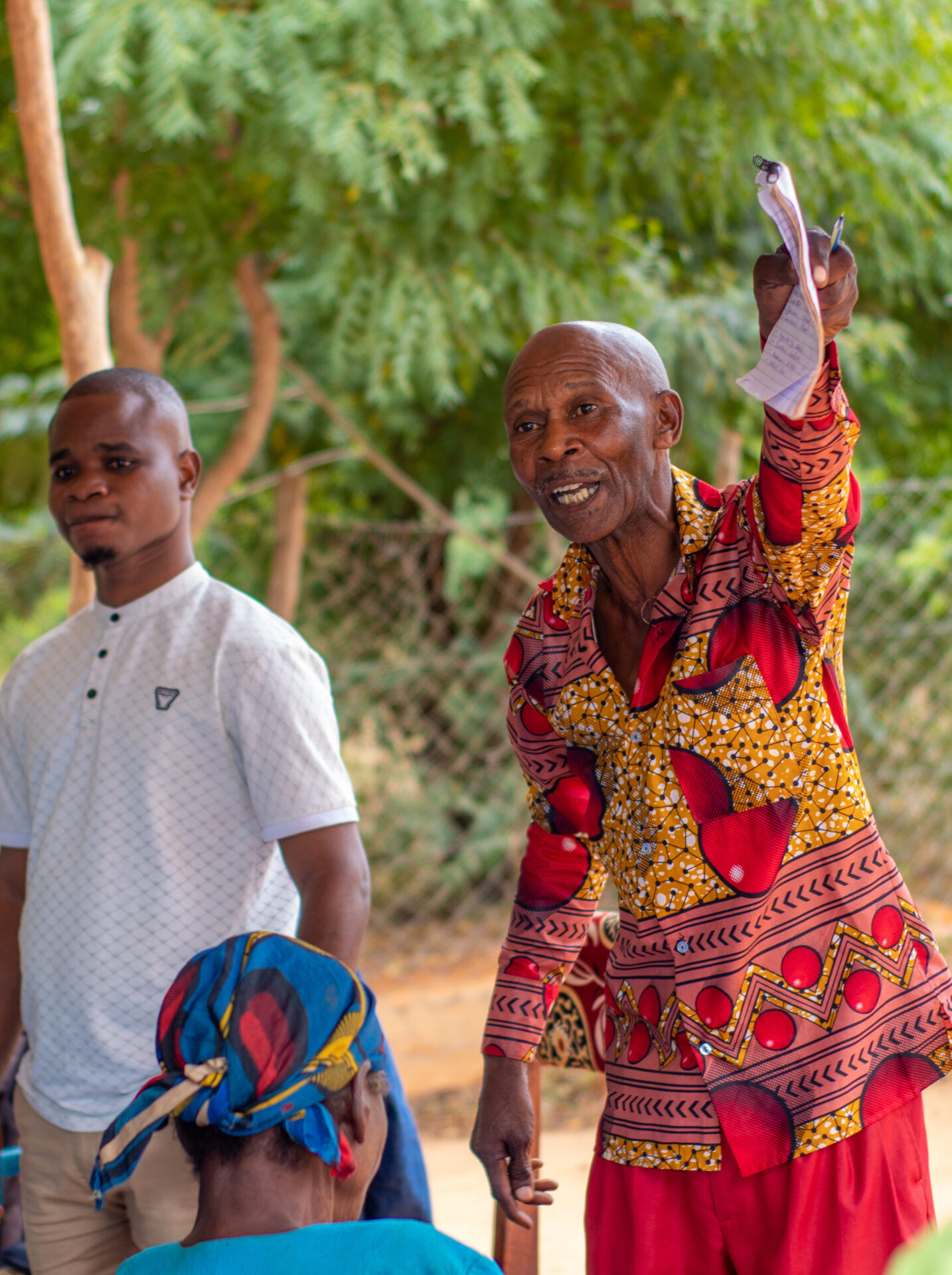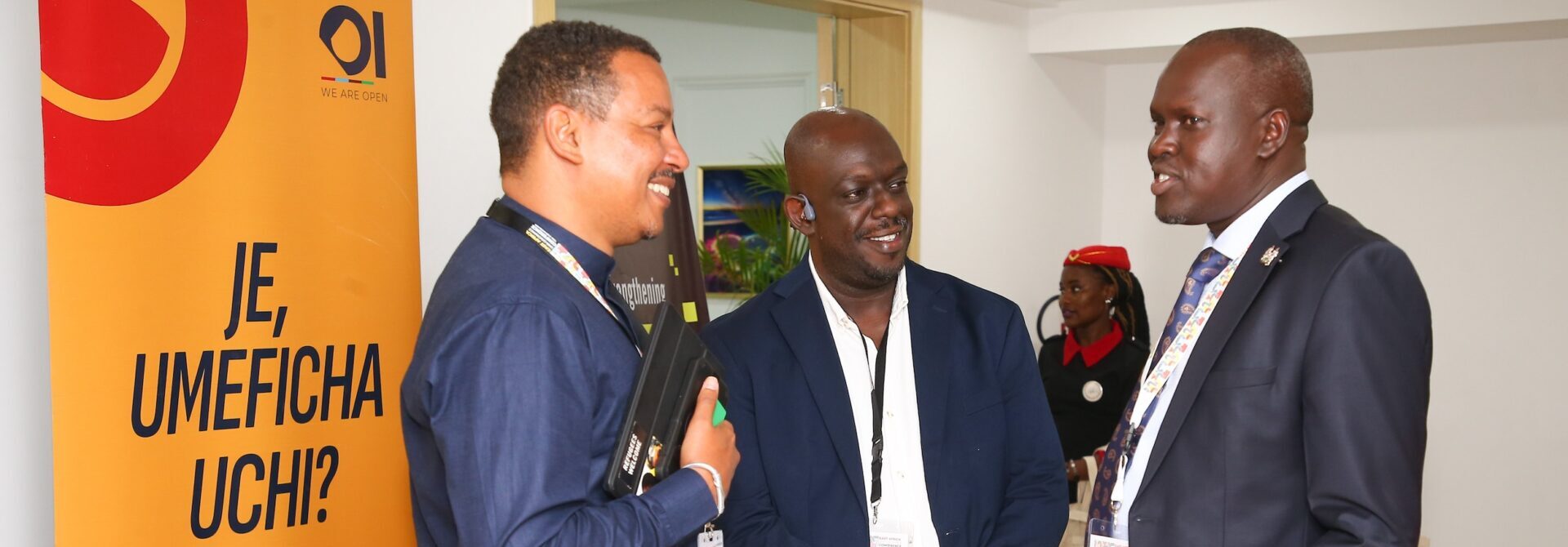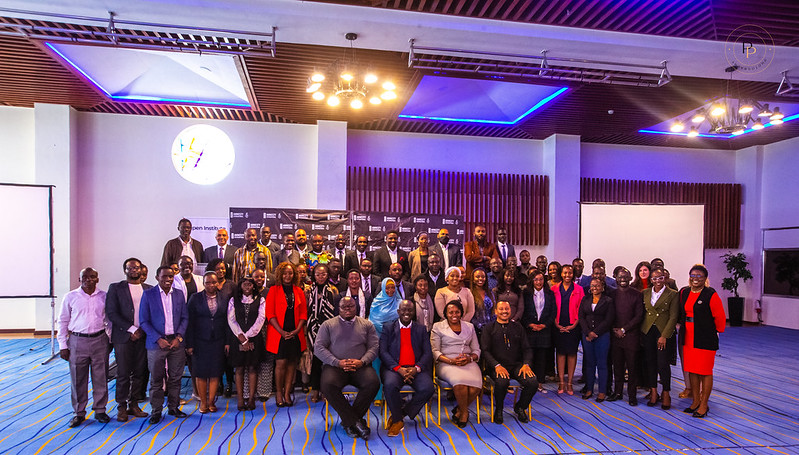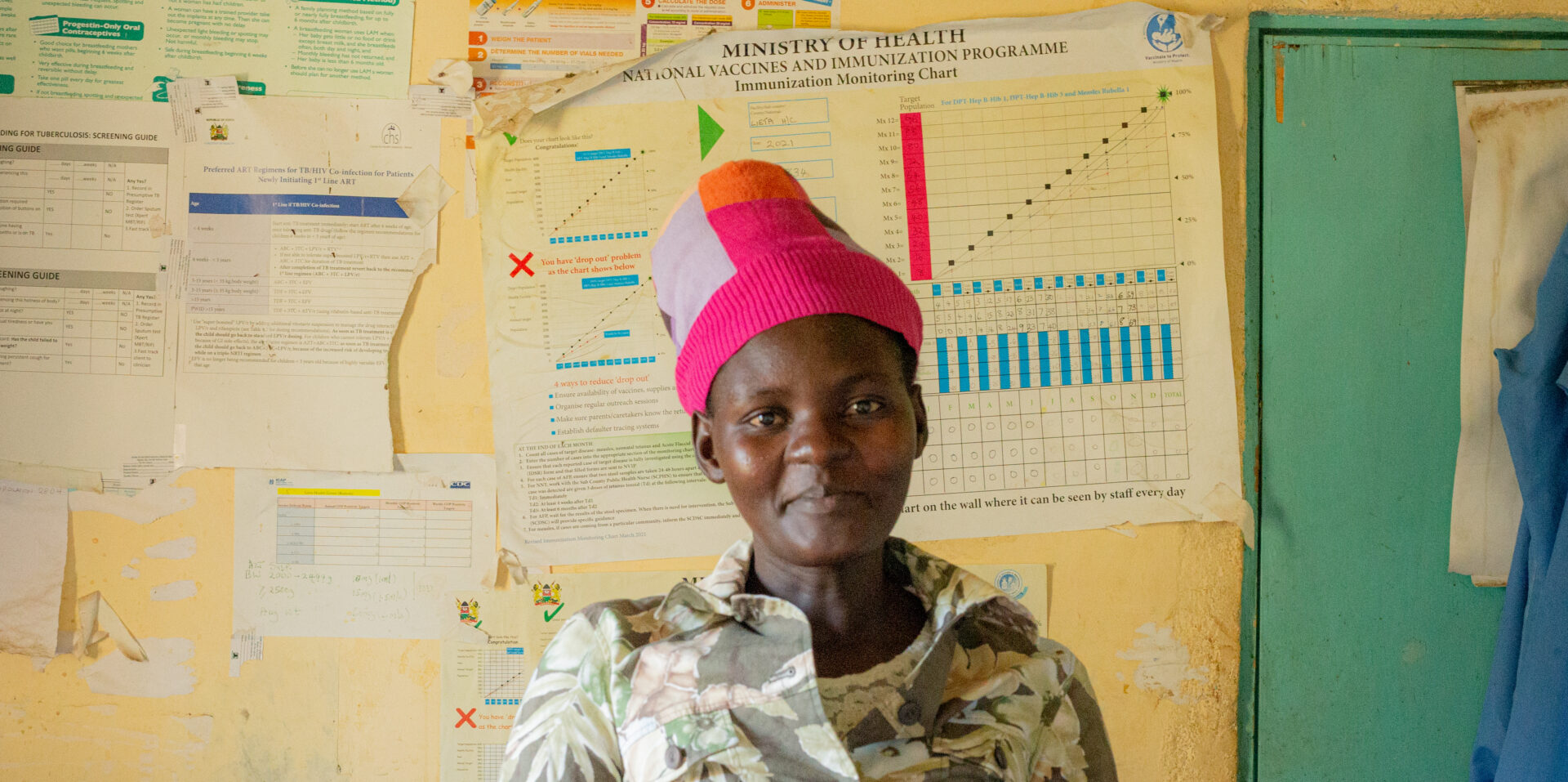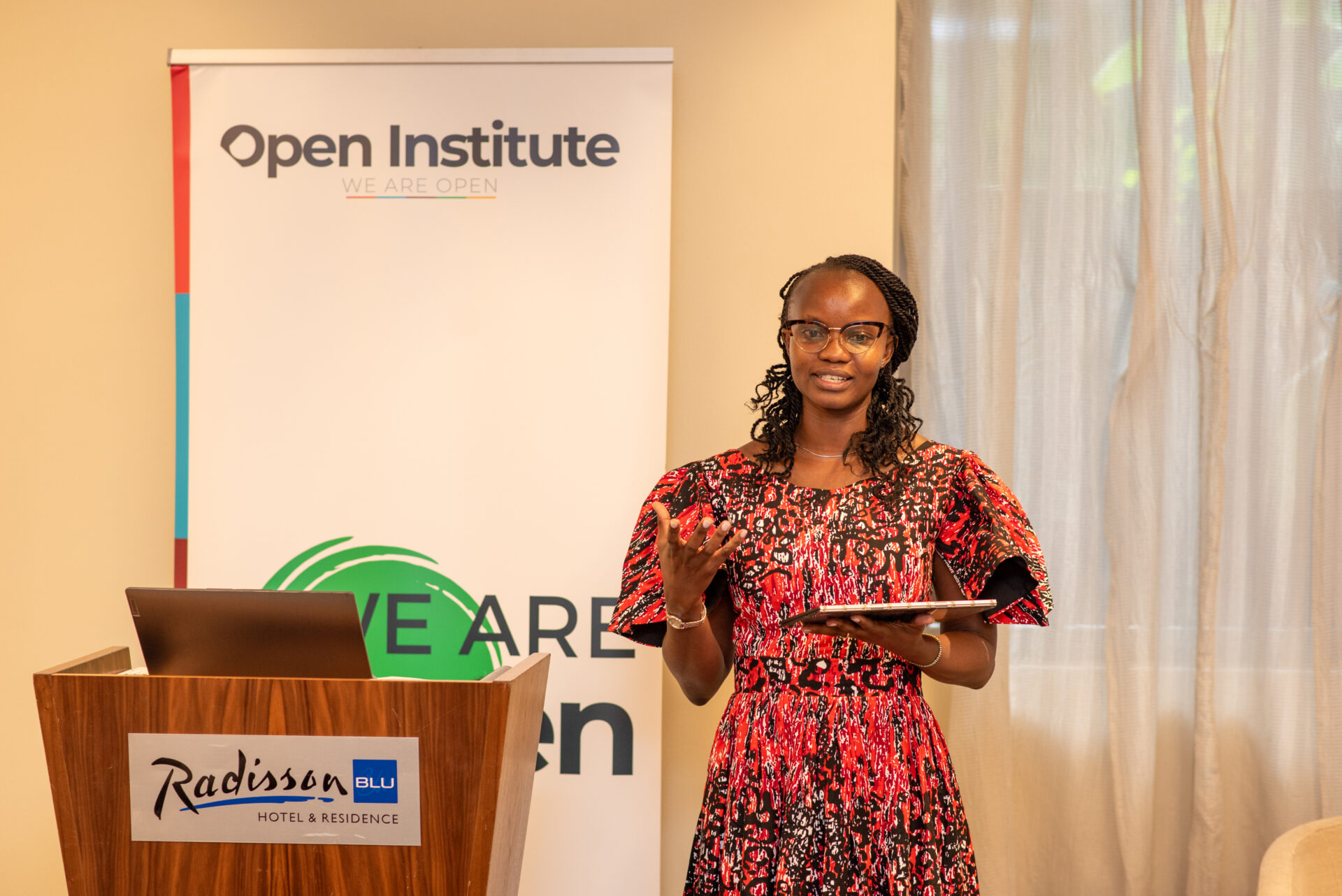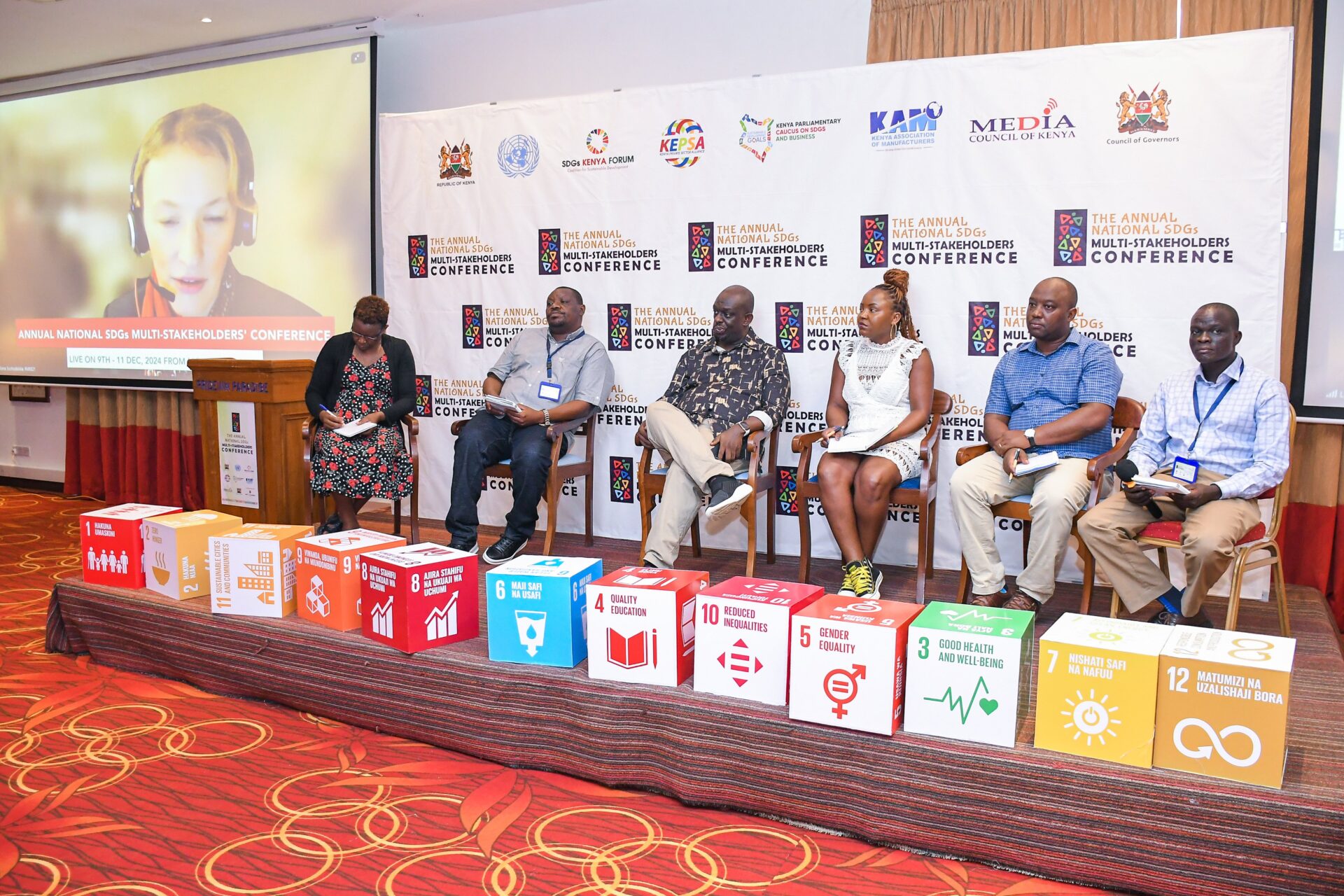I said yesterday that, I am likely to have more to say as part of the discussion started by Nathaniel Heller of Global Integrity Commons, wherein he wondered whether Open Data is a good idea for the Open Government Partnership. Of course, I hold that it is a necessary component of any truly open government.
Today I met with a young lady in Nairobi, who told be about her mentorship programme – one that is focused on privileged kids in Nairobi, who go to some of the more affluent schools in the city. I was particularly struck when she told me that one of the main focus areas of her programme is to foster in their minds “Open Thinking”. It is probable that the notion of Open Thinking that she holds does not have the nuances that some of us, who have been working for open governance, might have. But it was significant for me, nonetheless.
As far as I am concerned, Open is a radical notion that denotes clean clear-glass transparency – not the kind that is tinted on one side, forcing those outside to work hard to peer in. Open thought implies to me allowing all ideas a fair chance at due consideration – often in spite of the cultural, societal, political and educational impediments. It is where you allow a taboo thought to occur to you and you give the thought a fair hearing – and this is NOT easy.
Open Government implies that citizens then can walk up and down the hallways of the decisions and ideas held in their name by their leaders and representatives and have direct input. It means that citizens have a concrete role to play in creating the development narratives for their societies.
To be Open, one must be secure in themselves and in their abilities. For Open Government to work, government (people, processes and place) must be made ready to allow such scrutiny and input. After all, where an officer could once make a decision without consultation with the citizen, the citizen may – in a truly open world – recommend to the government the best measures to take.
As the Open Government Partnership takes hold in the world, it is important that we who work in projects in the sector (and especially those of us that are focused on opening third world governments) do not allow Open Government notions to become cliche. The only way we do that is by minimizing on the strategising and the creation of plans and pilot projects and focus on driving implementation. It must be done fast, effectively and concisely.
I am happy to note that Kenya took this approach from the word go. It helps that Kenya’s Open Data primary champion, Dr. Bitange Ndemo has the character of action and effective movement and so did the team that he leads in his ministry and at the Kenya ICT Board. It took six weeks from zero to Open Data Portal launch (including collection and curation of over 350 of the most important data sets; developing the portal and visualisations; development of a draft policy and working with various policy channels including the President to get it right the first time; Organising an event attended by more than 3000 people; working with some of the early adopter developers to build apps off of the data (check out some of the apps on the portal) and so on). Everyone we worked (see some of the team) with on this project was single minded and driven to effective action and the model we continue to work with the one of continuous improvement.
Nathaniel says in his blog post:
“An interesting (though not surprising) trend that has quickly emerged in our conversations with the “supply side” providers of open government expertise is the heavy focus on technological interventions. “
I actually think this is the right point of this thing to focus on and I think it has numerous advantages. It forces tangible, result-oriented action, it pushes the agenda to the citizens (as they start to use the data, they demand [a] more data and [b] more accountability). Most importantly in my view, it minimises on talk-shops around what should be done and instead focuses the talk on the most important thing – how to get citizens to OWN the power that OPEN gives them.
The danger here, is that in focusing on the technology, we could miss the point all together and get lost in the forest of the technology project. The simple mitigation against this (that I can think of right now) is speed so that the focus is on usage by the citizens and building the necessary ecosystems that fosters truly open government. We must ensure that we keep our eye on the right ball and that we define the true success of Open by the engagement and involvement of the citizen. As long as people are not “interfering” then the project has failed.
Justin Grimes (@justgrimes on Twitter) said something today that adds to this argument really well.
“Transparency is NOT a goal. A goal is reducing corruption, improving efficiency, educating citizenry to increase participation, etc.”
I emphatically agree. But I edit it to say that the goal of Open Government is engaged, involved and present citizens. And I say that the best way to get citizens involved is by giving them relevant data in a way that enables them to visualise their world, their way.
(We take a moment to acknowledge with all politicians and technocrats around the world that this is a truly hard thing to want to achieve.)
What Nathaniel Heller says is true:
“The obvious explanation (in my mind) for why “open data” gets so much attention in the context of “open government” is that it is the sexiest, flashiest reform of the bunch. It’s much cooler (and frankly less politically controversial) for any government to put government health databases online (along with an iPhone app! Android coming soon!) than it is for the same government to provide greater transparency around the financing of political parties in the country.”
Therefore, I say, we take advantage of Open Data to open the door, so that the citizen can have the leverage that would compel the government to (in Nathaniel’s example) to provide transparency around such things as political party financing, expenditure and so on.







